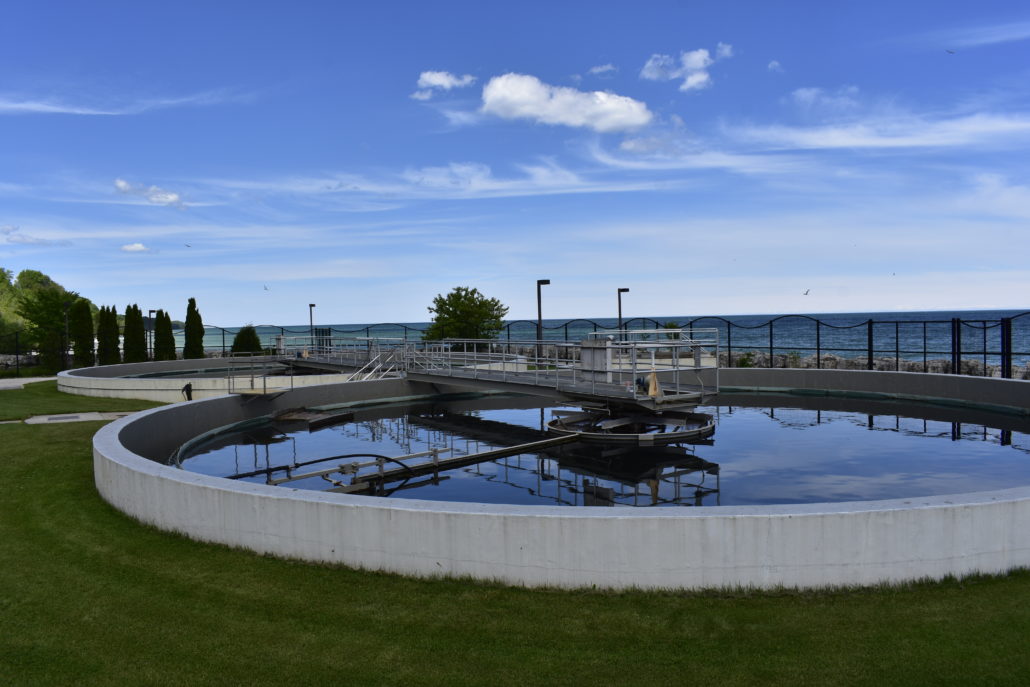How the Mining Industry Uses Air Compressors and Low-Pressure Blowers

The mining industry, whether underground or surface mining, never sleeps. Mining work is completed in harsh conditions, and mining processes run 24/7 – often in remote locations miles away
from the nearest town. Two key pieces of equipment that are used to power these processes are air compressors and low-pressure blowers. Learn more about how these machines help keep mining applications up and running below!
Air Compressors in the Mining Industry
The entire mining process, from exploration to ore processing, smelting, and refining, uses some form of compressed air.
Drilling. On drilling equipment, compressed air powers a rotating drill bit that acts like a jackhammer.
Spargers, or the pipes located at the bottom of tanks, introduce compressed air into the tank. Small orifices are placed throughout the tank to ensure even air distribution.
Smelting and Refining. Through a process of melting and heating, metal is extracted from ores. This usually occurs in processing/smelting plants that are located near mining operations and involve air compressors throughout the end-to-end process. Refining, however, is the process of increasing the purity/grade of metals that have been extracted from ores and other raw materials. During refinement, compressed air helps oxidize any additional alloys so that the material isn’t wasted.
Tools and Instrumentation. Pneumatic tools used in mining require clean, dry air (provided by air compressors) in order to work. This ensures that drills, pneumatic loaders, saws, wrenches, pneumatic loaders, and other key pieces of equipment function without issue. The same applies to mining instrumentation!
Blasting. Want to break rock and other material? The strictly controlled use of explosives is one way to go about this, and compressed air assists in this process by providing high-velocity air streams to set off the explosives.
Ventilation Systems. Ever wonder how miners can safely breathe so deeply underground? Compressed air, which not only provides ventilation for deep mining operations but also ensures that safe and clean air is available in places like refuge bays in cases of emergencies.
Low-Pressure Blowers in the Mining Industry
Many mining applications require large flows of air at lower pressures. The following represent four important applications where low-pressure blowers can be used to maximize the efficiency of the mine without compromising reliability.
24/7 Heap Leaching. Heap leaching is a chemical process that dissolves the mineral from the ore and the process varies depending on the type of ore and its concentration. Low-pressure air is blown through the leaching pad to enhance the process.
24/7 Flotation Cells. Also referred to as “froth flotation,” this application is used in the processing of gold, platinum, copper, chrome, lead, zinc, and aluminum to help separate the minerals from the slurry. A steady stream of low-pressure air is required to create the froth in this process.
24/7 Wastewater Treatment. In the mining industry, wastewater from mining processes and from the surrounding camps is treated before being introduced back into the environment. Because mines are often located in remote locations with limited access to water sources, 24/7 wastewater treatment cannot be compromised due to equipment malfunction or failure.
Material Handling. Safely handling coal dust and other fine materials is important in mining, which is helped by low-pressure air. Two ways low-pressure air assist in this: fluidization, which occurs by mixing these materials with compressed air; and low-with conveying material throughout the mining process.
Airpro Technix is the official distributor of Gardner Denver in Pakistan.
? +92 310 5623329 ; +92 334 7980451
? info@airpro.com.pk



